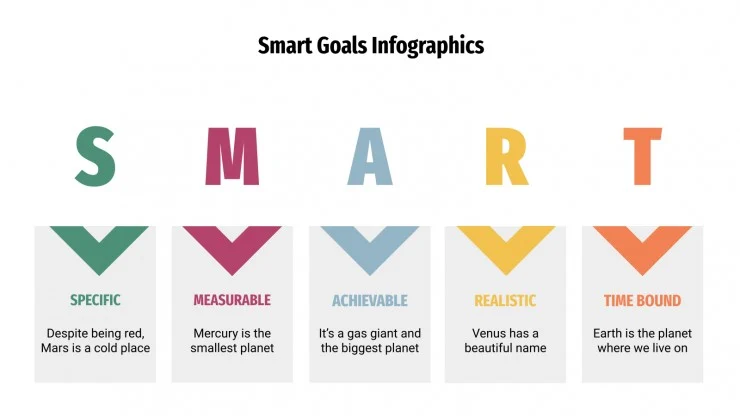Curriculum
Effective Time Management
About the Effective Time Management
0/5Starting Course
0/3Module 1: Introduction to Time Management
0/6After Intro
0/3Module 2: Time Management Principles
0/6Module 3: Identifying Time Wasters
0/6Module 4: Effective Planning and Prioritization
0/0Module 5: Tools and Techniques for Time Management
0/0Module 7: Stress Management and Time
0/0Module 8: Review and Goal Setting
0/0Module 6: Managing Time at Work
0/0Module 9: Maintaining Your Time Management Skills
0/0Module 10: Conclusion and Next Steps
0/0Final Assessment
0/0Course Resources
0/2Setting Clear Goals and Objectives
Welcome to Lesson 1.3 of our course on Effective Time Management. In this lesson, we will explore the critical concept of setting clear goals and objectives. Understanding how to define and prioritize your goals is fundamental to effective time management. By the end of this lesson, you will have the knowledge and tools to create meaningful and achievable goals that align with your personal and professional aspirations.

Learning Objectives: By the end of this lesson, you will be able to:
- Define the importance of setting clear and achievable goals.
- Identify the characteristics of SMART goals.
- Develop a personalized goal-setting framework for academic, professional, or personal life.
- Apply goal-setting techniques to prioritize tasks and improve time management skills.
The Importance of Goals: Imagine embarking on a journey without a destination in mind. How would you know where you’re going, or whether you’ve reached your destination? Goals serve as the compass for our actions and decisions. They provide direction, motivation, and a sense of purpose.
In the context of time management, setting clear goals and objectives helps you allocate your time and resources wisely. It prevents you from drifting aimlessly and allows you to focus your efforts on what truly matters.
S.M.A.R.T. Goals: One widely used framework for setting clear goals is the S.M.A.R.T. criteria:
- Specific: Goals should be well-defined and unambiguous. The more precise your goal is, the easier it is to work toward it.
- Measurable: Goals should include criteria that allow you to track your progress and determine when you’ve achieved them. Quantifiable goals provide a clear sense of accomplishment.
- Achievable: Goals should be realistic and attainable. While it’s great to aim high, setting goals that are within your reach ensures you stay motivated and focused.
- Relevant: Goals should be aligned with your values, interests, and long-term objectives. They should contribute to your personal or professional growth.
- Time-bound: Goals should have a specific timeframe or deadline. This creates a sense of urgency and helps prevent procrastination.
Exercise: Setting Your S.M.A.R.T. Goals: Let’s put theory into practice. Take a moment to think about a goal you’d like to achieve, whether it’s related to your career, education, personal development, or any other aspect of your life.
Now, using the S.M.A.R.T. criteria, start by making your goal specific. What exactly do you want to accomplish?
Next, consider how you can measure your progress and determine when you’ve achieved your goal.
Is your goal achievable given your current circumstances? If not, how can you make it more realistic?
Does your goal align with your values and long-term objectives?
Lastly, set a specific timeframe or deadline for your goal.
By applying the S.M.A.R.T. criteria, you will transform your vague aspirations into concrete and actionable goals that will significantly impact your time management efforts.
Real-Life Example: The Entrepreneur: Emily is an entrepreneur running her own online business. She is responsible for product development, marketing, and customer service. Without effective time management, Emily finds herself overwhelmed with tasks and unable to focus on growing her business. By implementing time management tools and techniques, such as time blocking and setting SMART goals, Emily is able to streamline her workflow, increase her efficiency, and achieve greater success in her business
Conclusion: Setting clear goals and objectives is a crucial step in effective time management. When your goals are specific, measurable, achievable, relevant, and time-bound, you’ll find it easier to prioritize your tasks, stay motivated, and make efficient use of your time. So, as you embark on your time management journey, remember that clear goals are your guiding light.
In the next lesson, we will delve deeper into the principles of time management and discover how to prioritize tasks effectively. Thank you for joining us today, and I look forward to seeing you in our next lesson!